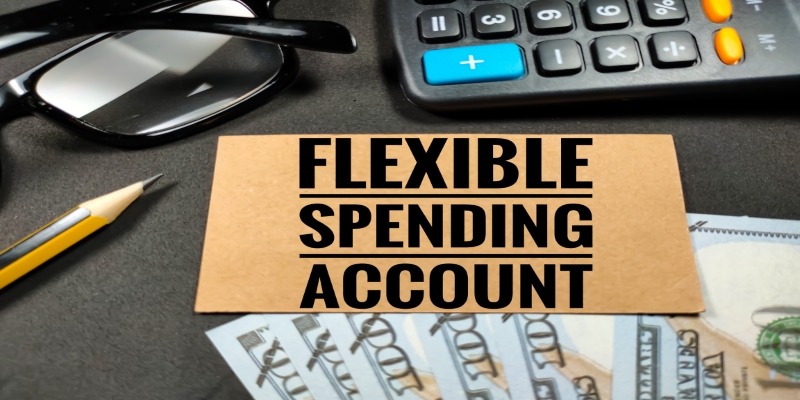Ways to Manage Currency Exchange in New York City
Nov 07, 2023 By Triston Martin
You will be able to exchange any currency in New York City, a fortunate development; nevertheless, similar to other locations, and there will most likely be costs associated with the transaction. If you want to avoid paying high fees to convert your money in New York when you first arrive at the airport, you should have some cash in the form of United States currency with you. Spend as much of your cash as you can before the conclusion of your trip so that you have less to convert back into your currency when you come back home. Although it is not a flawless system, adopting the advice above might help you make the most of your currency exchanges and ensure you get the most out of your trip to New York.
1. Research Your Home Country and Destination's Exchange Rate
Find out the current exchange rate between your country's currency and the one used in the United States before you leave your native country. This information may be found on websites that deal in currency exchanges. After inputting your currency (let's use the euro as an example) and the amount of money you want to convert it to in U.S. dollars, hit the enter key. According to Google Finance, the exchange rate for one euro on November 7, 2021, was equivalent to one dollar and fifteen cents.
2. Keep in Mind That the Prices Can Alter daily
That rate changes daily due to various factors outside your control, including politics, the news, the economy, and other events. You are powerless to change it, so you may as well learn to live with it. You can stay current on everyday events by connecting to the internet in the city.
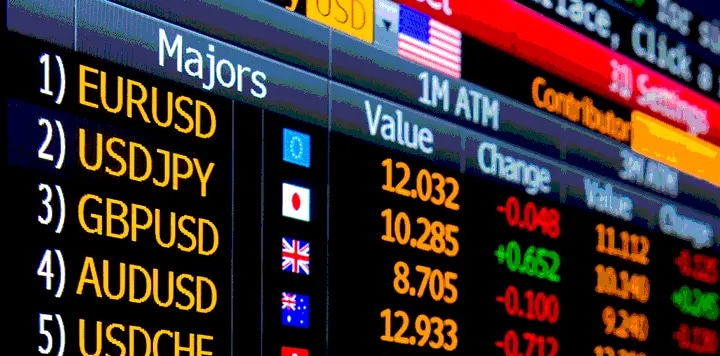
3. Does Your Home Bank Have a U.S.-Based Branch?
Your home bank may have a connection or an arrangement with a U.S.U.S. bank, such as Bank of America, Chase, or Citibank. If this is the case, the U.S. banks may forgo the costs typically associated with using an A.T.M. that your home bank owns. Make sure everything is in order before you depart.
4. Bring Some Currency with You
Even if you obtain a decent conversion rate in New York, you should still acquire U.S. cash before leaving home to carry it with you. Do this even if you forget until the last minute and have to pay an excessive exchange charge at the airport kiosk. You may need to pay for a cab ride to your hotel before you even get to New York City due to unforeseen circumstances, such as an unexpected landing someplace in Maine at three in the morning. You should also be aware that tipping in cash for service is customary in most states in the United States, which means you will require cash.
5. Investigate the Three Largest Money Exchange Groups
And the reverse is also true (or less is more). In other words, if you convert a greater proportion of your currency, you will be required to pay a lower total amount for the transaction costs. If you convert more than $300 worth of currency at a location such as the Uno Foreign Exchange, which has a plain-looking shop in the middle of midtown at 43 West 33rd Street, you may not have to pay any fees.
6. Stay Away from The Currency Exchanges at Airports
If you can prevent it, exchanging currency at airport kiosks or hotels should be avoided unless it is required. Their transaction fees are consistently the highest in the industry due to the greater processing expenses associated with providing such a handy service.
7. Switch Up Your Currency in the U.S
Keep your U.S. dollars in a variety of formats at all times. A combination of cash (including notes with the denominations $1, $5, $10, and $20), a debit card that can be used at an A.T.M., credit cards, and traveler's checks for further protection are also recommended. On the other hand, since the conversion rate is subject to constant fluctuation.
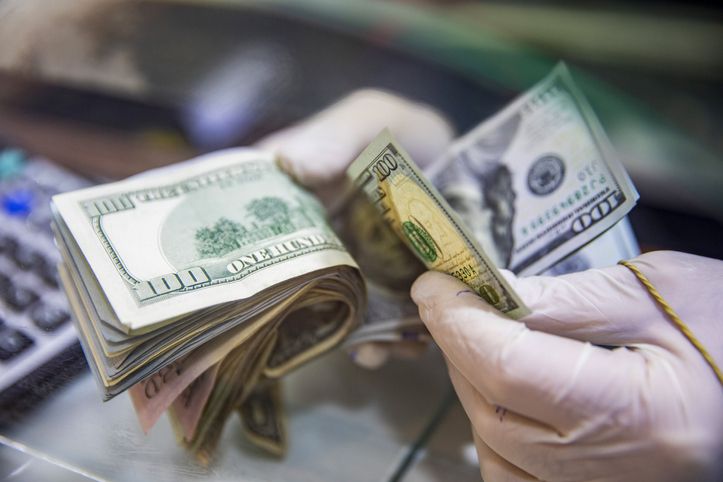
8. Before You Get to Your House, Spend All of Your Coins.
Both were making the initial conversion from your currency to dollars and making the subsequent conversion back to your currency incur fees. And if your home bank may convert pennies back into dollars without charging you a charge for the transaction, they won't do the reverse.
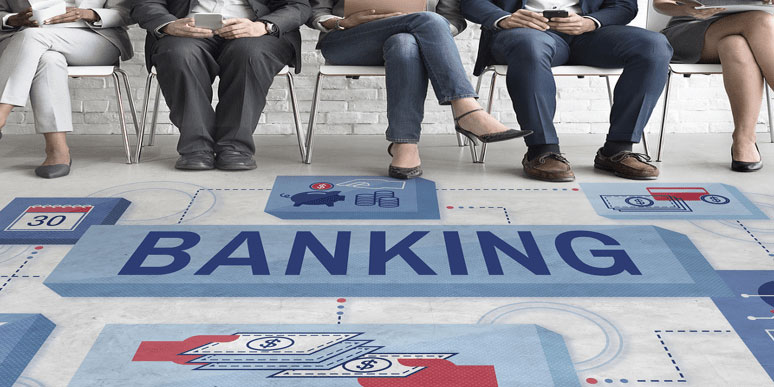
The Finest Banking Options for Students
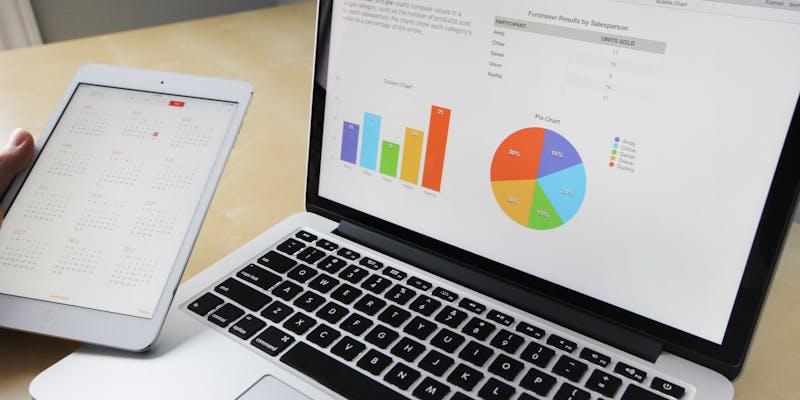
How Much Budget Should Fintech Companies Allocate for Marketing?
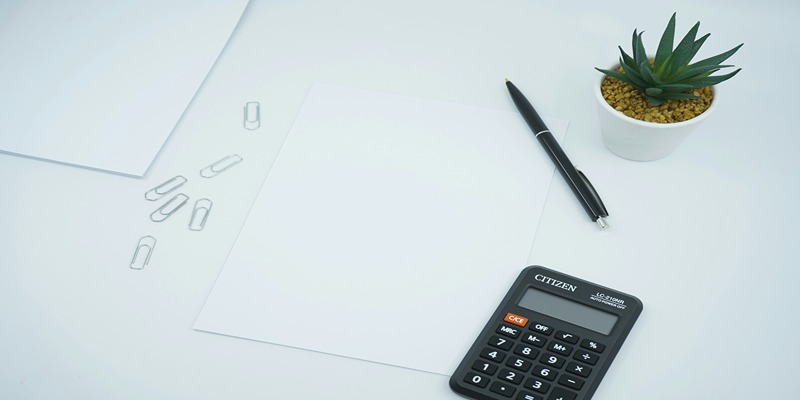
2024's Top Reverse Mortgage Options: An Insightful Exploration
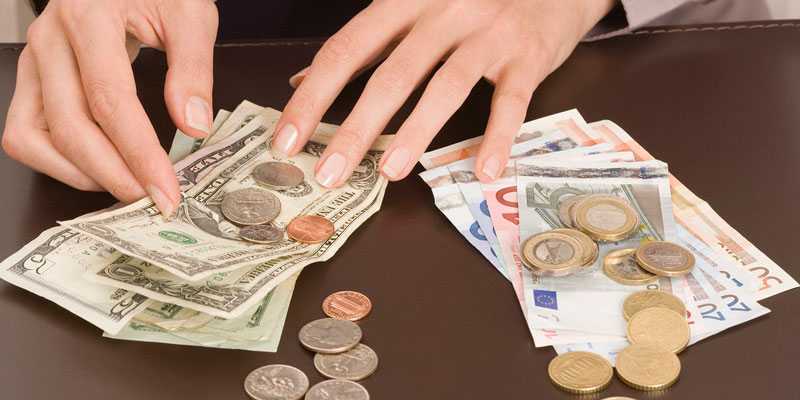
Ways to Manage Currency Exchange in New York City
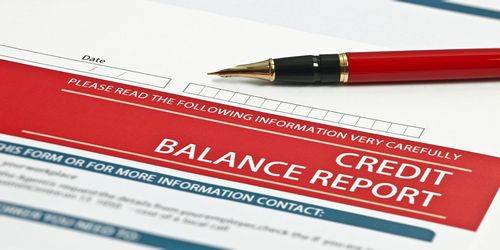
See: How Credit Card Balance Transfers Work?
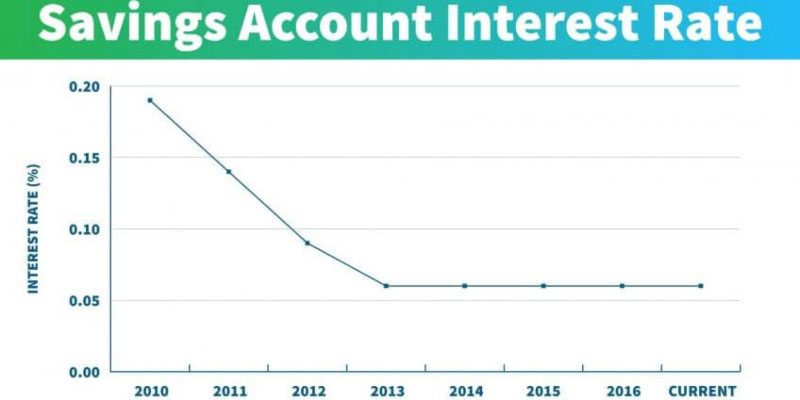
What Are the Rates of Return for Checking and Savings Accounts

Hikkake Candlestick Pattern: Step-by-Step Guide for Trading
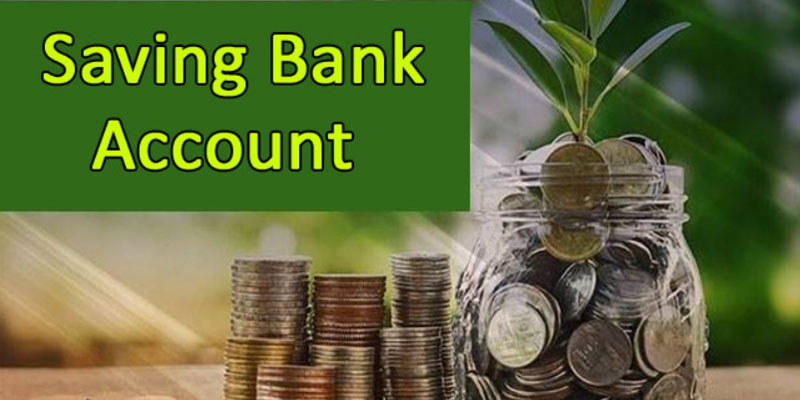
How Interest works on Savings Account
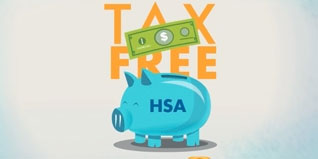
Learn: Rules for Having a Health Savings Account (HSA)
